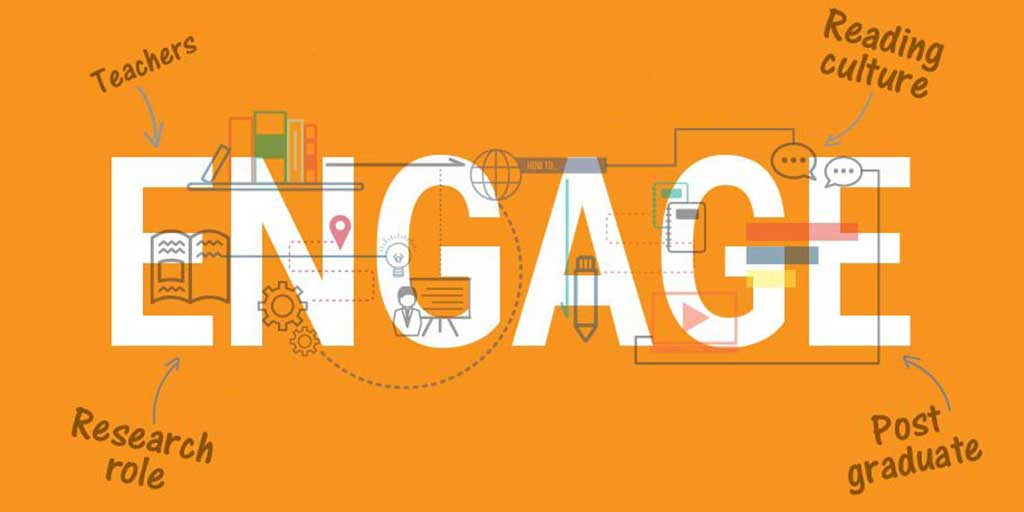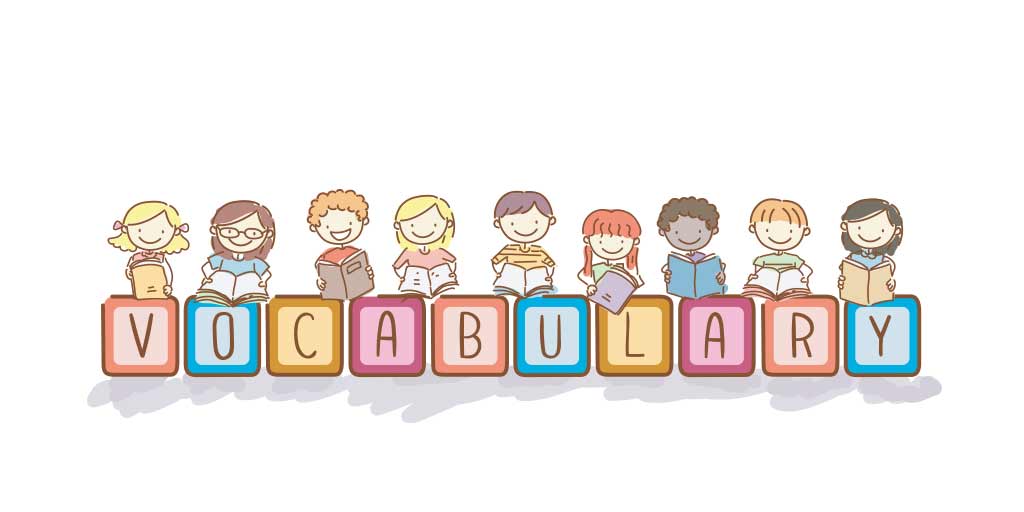Evidence-based education: expectations, barriers and pitfalls
By Dr Deborah M. Netolicky Teachers, school leaders, schools, and education systems around the world are increasingly expected to use data to inform...

Login | Support | Contact us
Planned outage: due to system upgrades, there will be no access to assessments, admin, reporting or registration from 23 to 27 February 2026. This downtime affects the following assessments: ASPECTS, BASE, MidYIS, Yellis, Alis, IBE Insight and Cambridge Select Insight. Please do not schedule assessments during this period. If you have any questions, please contact Customer Support at insight@cambridge.org.
If you are a new customer and would like to register for one of our assessments while our registration form is unavailable, please contact Customer Support at insight@cambridge.org.
Dr Deborah M. Netolicky : Apr 26, 2018 1:08:00 PM
2 min read

It makes sense that the most effective teaching methods are used in classrooms, and that the most effective leadership and governance practices are used in schools, but how do educators decide on which evidence they should rely, to whom they should listen, and how they might engage meaningfully with research findings? How do we know what research is worth listening to, what is worth ignoring, and what has been debunked?
In my last post for the Cambridge Insight (formerly CEM) blog, I explored the dangers of educators accepting seemingly simple solutions to the complex problems of education. In this post I suggest five ways in which teachers, schools, and systems can meaningfully engage in research.
Evidence-based education does not need to be an embracing of simple solutions to the complexities of education. Using evidence or a research basis to help make decisions that best serve the students in our schools is about honouring teacher expertise and bringing a research lens to the teaching profession in a way that combines the best of the wisdom of practice with what research can tell us. It is by engaging with research in ways that are meaningful to their daily contexts, and drawing back the curtain to ‘see the workings’ of research, that evidence can become part of teacher professional practice, and ultimately improve outcomes for students.
Researcher, school leader, and teacher Dr Deborah M. Netolicky has almost 20 years’ experience in teaching and school leadership in Australia and the UK. She is Honorary Research Associate at Murdoch University and Dean of Research and Pedagogy at Wesley College in Perth, Australia. Deborah blogs at theeduflaneuse.com, tweets as @debsnet, and is a co-Editor of Flip the System Australia.
Read Dr Gary Jones’s blog post ‘Evidence-Based Practice: What it is and what it isn’t’

By Dr Deborah M. Netolicky Teachers, school leaders, schools, and education systems around the world are increasingly expected to use data to inform...

In education, translating evidence into practice is a process which involves everyone, from classroom-based teachers, to school leadership teams,...

In recent years, ‘progress’ or ‘growth’ has become a much-discussed issue in education. The terminology has often been used to mean a numerical...